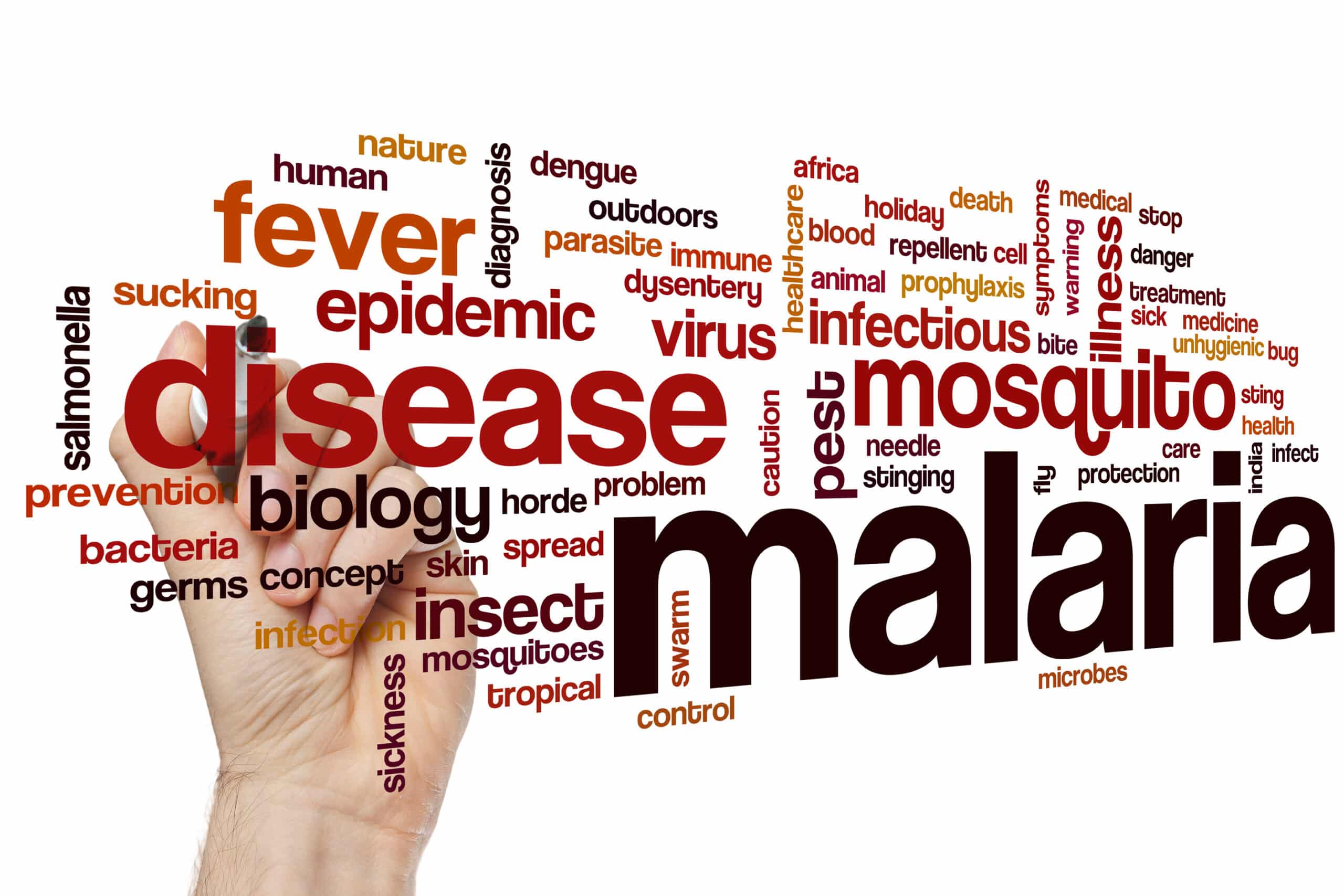Malaria affects 200-400 million people worldwide each year. It kills nearly 400,000. Malaria incidence is rising despite interventions such as drugs and insecticide-treated bed nets. Reducing the global health and economic burden from malaria will take further measures.
Scientists recently isolated an antibody, CIS43, from a person who had received a malaria vaccine. CIS43 could neutralize the malaria parasite. Researchers developed a modified form of this antibody, called CIS43LS, that remains in the bloodstream longer.
A team led by Drs. Martin Gaudinski and Robert Seder from NIH’s National Institute of Allergy and Infectious Diseases (NIAID) conducted a two-part, Phase 1 clinical trial of CIS43LS to determine its safety and efficacy in humans. Participants were all healthy adults, aged 18-50 years, who had never had malaria or been vaccinated against malaria. Results appeared in the New England Journal of Medicine on August 11, 2021.
In the first part of the trial, the researchers administered varying doses of CIS43LS to 21 participants. Another 8 control participants did not receive the antibody. The researchers identified no safety concerns. Most people reported no adverse reactions at the injection site. A handful reported mild pain and tenderness. One developed moderate bruising. Systemic reactions, such as headache and muscle aches, were mild to moderate. Fewer than half of participants experienced any systemic reactions. All adverse events resolved on their own.
The researchers measured CIS43LS concentrations in the blood over time. It remained in the blood at detectable levels for at least 24 weeks. The researchers estimated a half-life for CIS43LS much longer than that of normal human antibodies.
Next, the researchers enrolled seven of the participants, along with 11 new participants, for a second part of the trial. Four of the new participants received intravenous CIS43LS. Four of the participants who had received lower doses in the first part received another dose in the second. Seven new participants and one re-enrolled participant served as controls. No further safety concerns were identified in this part of the trial.
Fifteen participants were then voluntarily infected with malaria under controlled conditions. During the next 21 days, none of the nine participants who had received CIS43LS had detectable malaria parasite in their blood. In contrast, five of the six control participants had detectable parasites within nine days of infection. Of note, two of the parasite-free participants had only received CIS43LS during the first part of the trial. At the time of infection 36 weeks later, both still had detectable antibody levels.
The results provide proof of concept that monoclonal antibodies can prevent malaria in humans. More trials will be needed to determine the lowest dose needed for protection. A larger Phase 2 trial of CIS43LS is now underway in Mali to see how well it protects against malaria throughout a whole season.
“Monoclonal antibodies may represent a new approach for preventing malaria in travelers, military personnel and health care workers traveling to malaria-endemic regions,” Seder says. “Further research will determine whether monoclonal antibodies can also be used for the seasonal control of malaria in Africa and ultimately for malaria-elimination campaigns.”




